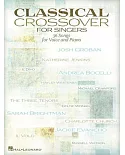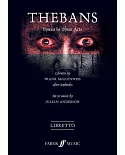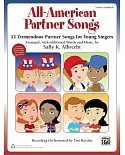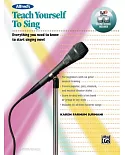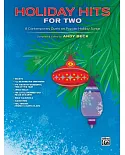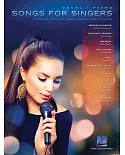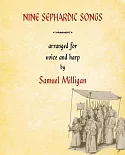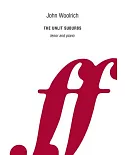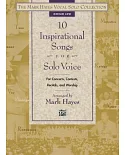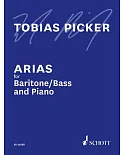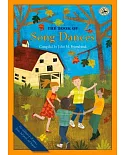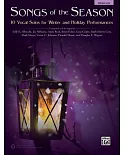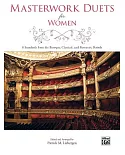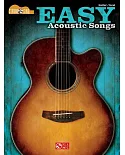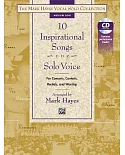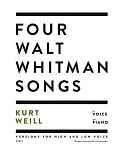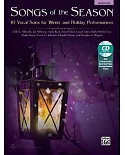Britain, long revered for its choral music and partsongs, had largely neglected art songs since the Elizabethan era. The middle of the nineteenth century witnessed efforts to revive the genre,
particularly in the works of Sir C. Hubert Parry and Sir Charles Villiers Stanford. The following generation, including the Scottish composer Hamish MacCunn (1868–1916), built on the
foundations laid by Parry and Stanford and served as the bridge to the vocal music of Ralph Vaughan Williams, Sir Edward Elgar, Ivor Gurney, John Ireland, and ultimately Benjamin Britten.
Though best known for his Scottish-influenced compositions, MacCunn composed over 100 songs that, free from national constraints, are some of the most refined and sophisticated examples of his
music. Almost no modern editions of MacCunn’s song exist, though many were published during the composer’s lifetime. The current two-part edition presents the composer’s 102 extant songs. Part
1 contains 53 individual songs; Part 2 presents the songs that were first published as small collections.


